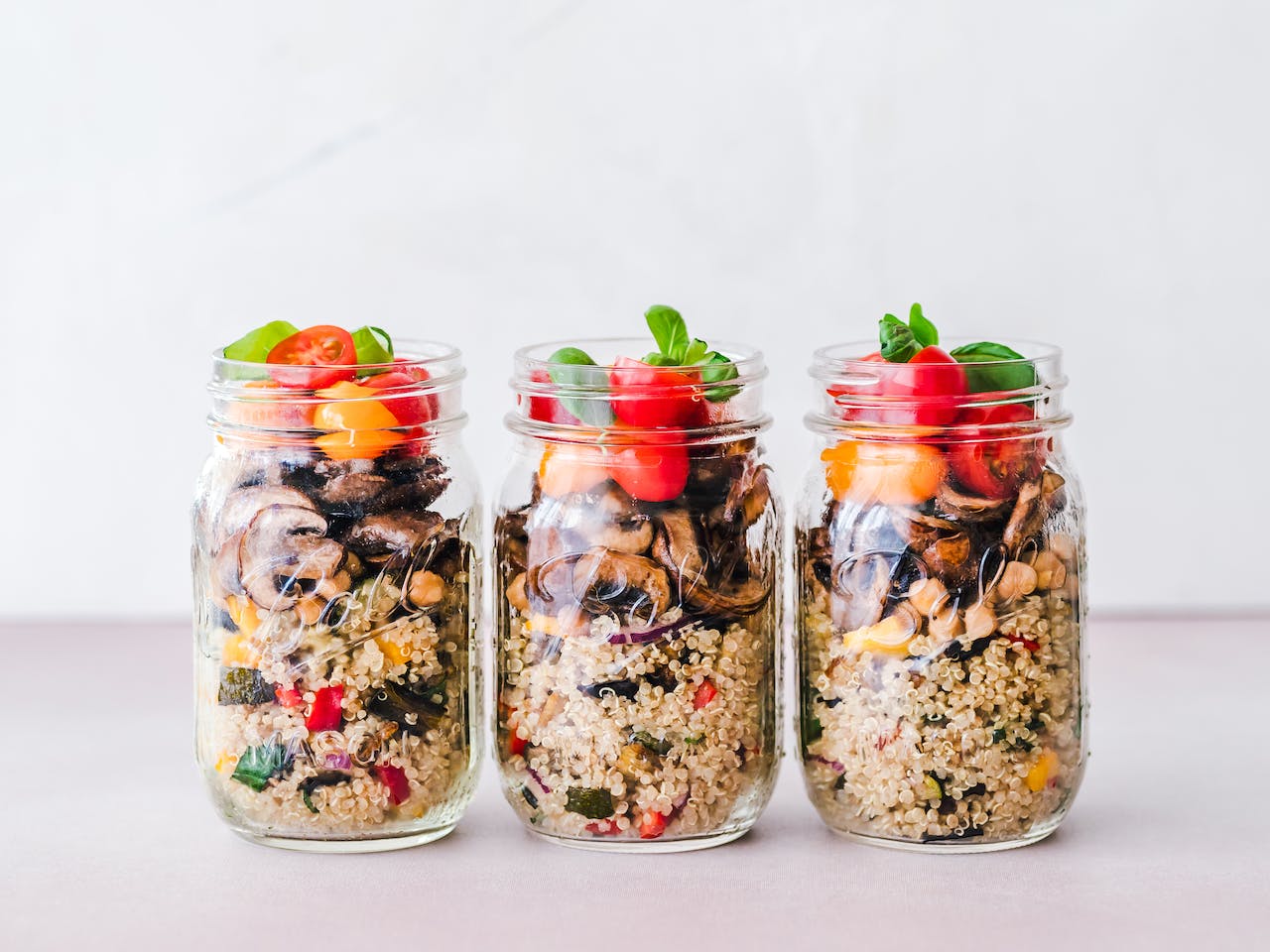Chronic Kidney Disease (CKD) is a condition that demands careful attention to dietary choices to manage its progression effectively. A well-thought-out and personalized diet can significantly contribute to maintaining kidney function and overall health. In this comprehensive guide, we delve into the nuances of the best foods to eat for CKD, providing valuable insights to help individuals make informed decisions for their well-being.
Understanding CKD and its Dietary Implications
The Interplay of Kidney Function and Diet
The kidneys play a pivotal role in filtering waste products and excess fluids from the blood, regulating electrolyte balance, and supporting overall homeostasis. In CKD, the kidneys' ability to perform these functions progressively declines, necessitating dietary adjustments. Sodium, potassium, and phosphorus are particularly critical elements to monitor, as imbalances can exacerbate CKD symptoms. A diet tailored to CKD should prioritize nutrient management while ensuring a balance of essential elements.
Crafting a Renal-Friendly Plate
To create a kidney-friendly plate, focus on incorporating high-quality proteins such as lean meats, poultry, fish, and eggs. These sources provide essential amino acids without overburdening the kidneys with excessive waste products. Additionally, whole grains, fruits, and vegetables are rich in fiber and essential vitamins, contributing to overall well-being. Portion control is paramount to manage calorie intake, and consulting with a registered dietitian can help tailor dietary recommendations based on individual health needs.
The Role of Protein in CKD Nutrition
Striking the Right Balance
Protein is a crucial component of any diet, but CKD patients often need to strike a delicate balance. Consuming too little protein may lead to malnutrition, while excessive intake can strain the kidneys. Opt for high biological value proteins, such as egg whites and fish, which provide essential amino acids with minimal waste. Consultation with a healthcare professional helps determine the optimal protein intake based on individual health status and stage of CKD.
Considering Plant-Based Proteins
For those seeking alternatives to animal-based proteins, plant-based options like legumes, tofu, and nuts can be valuable additions to the CKD diet. These sources offer protein without the high phosphorus content found in some animal products. Plant-based diets, when well-planned, can be kidney-friendly and provide a spectrum of health benefits beyond CKD management.
Navigating the Micronutrient Landscape
Taming the Sodium Intake
Sodium management is pivotal for individuals with CKD, as excess sodium can lead to fluid retention and elevated blood pressure. Limiting processed foods, choosing fresh produce, and avoiding excessive salt during cooking are effective strategies to control sodium intake. Reading food labels diligently aids in making informed choices, ensuring a diet that supports kidney health.
Phosphorus and Potassium Awareness
Monitoring phosphorus and potassium levels is essential for CKD patients. While dairy products, beans, and nuts are rich in phosphorus, bananas, oranges, and potatoes are high in potassium. Controlling the intake of these nutrients helps mitigate the risk of complications associated with CKD. A dietitian's expertise proves invaluable in crafting a well-balanced meal plan that caters to individual nutritional needs while considering the limitations imposed by CKD.
Fluid Management and Hydration Strategies
The Significance of Adequate Hydration
Proper fluid management is crucial in CKD to prevent dehydration and maintain electrolyte balance. However, individuals may need to limit fluid intake based on their stage of CKD and the presence of edema or fluid retention. Balancing hydration needs with the restrictions imposed by CKD requires thoughtful consideration and regular consultation with healthcare professionals.
Monitoring Electrolyte Levels
Beyond water intake, monitoring electrolytes such as potassium and sodium is integral to CKD management. Regular blood tests help assess these levels, enabling timely adjustments to the diet. Striking the right balance ensures optimal hydration and supports overall kidney function.
Conclusion
In conclusion, a nuanced and well-balanced approach to nutrition is vital for individuals managing CKD. From understanding the intricacies of kidney function to navigating the protein and micronutrient landscape, personalized dietary choices play a pivotal role in maintaining health and mitigating the progression of CKD. Consultation with healthcare professionals, particularly registered dietitians, is key to crafting a tailored meal plan that aligns with individual health needs and supports the overall well-being of those living with CKD.

